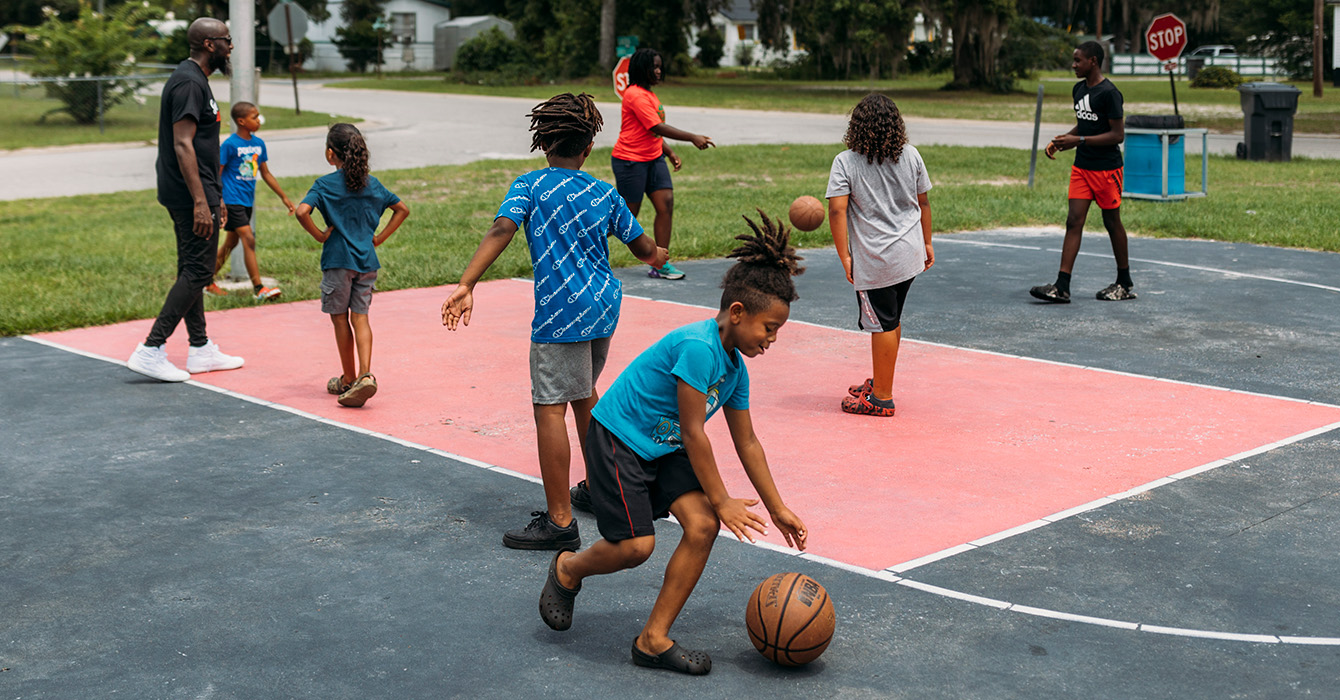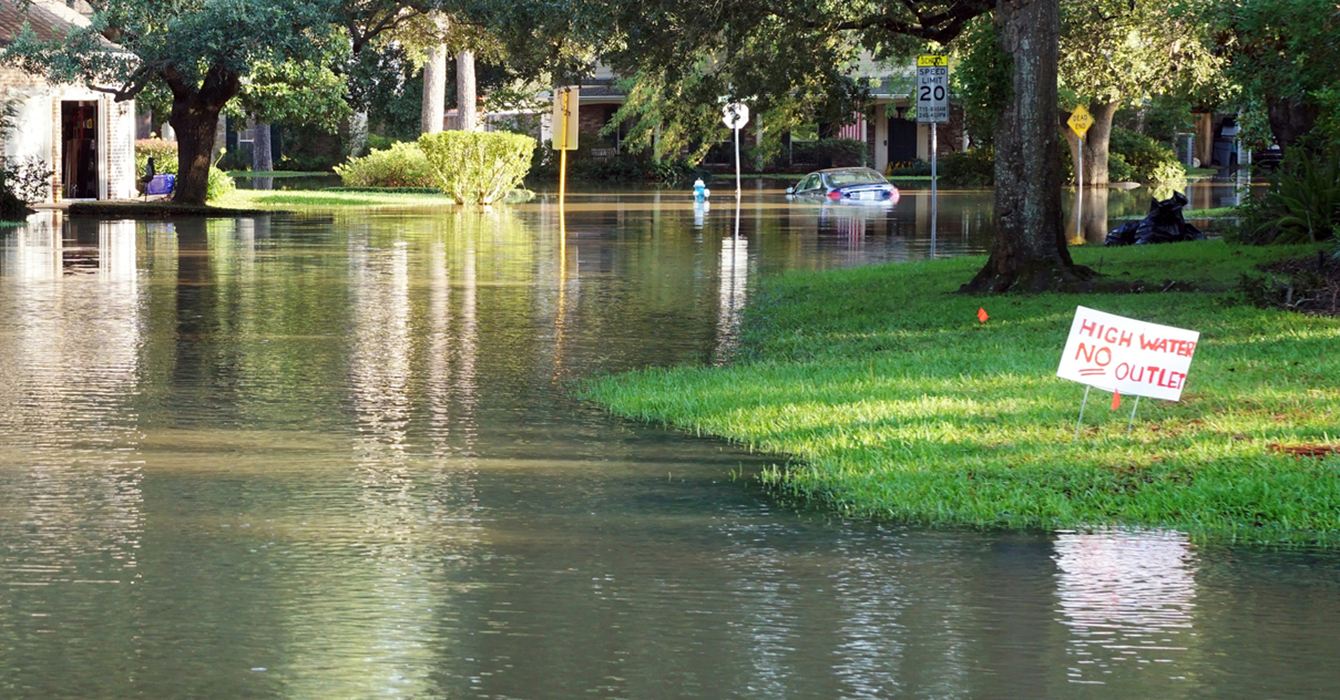Growing up in the Southern Baptist tradition, I registered that the only times the feminine was praised were in the context of wives properly obeying their husbands or young women staying pure before marriage. And anytime we talked about the earth, there was no mention of her aliveness. The earth was simply the place we’ve been given as superior humans to do with as we please, to “subdue.”
These ideas, that the feminine should be submissive and the earth should be subdued, are perhaps some of the most destructive aspects of American Christianity, and whether we realize it or not, they are deeply connected.
When Christians do not value Mother Earth as someone to care for and listen to, it’s a sign that we may not value the wisdom of the feminine in any capacity, and the church can become a breeding ground for misogyny and patriarchy. Such a mindset can lead Christians to label religions that hold reverence for the earth “pagan” or “animistic” instead of looking deeply to our role as human beings in caring for her, and in so doing, caring for the feminine wisdom found across the world.
For American Christianity, subduing the earth also involved conquering and converting indigenous peoples. Colonization is deep in America’s roots and deeply intertwined with American Christianity.
It is a difficult and uncomfortable question to ask: Can American Christianity, in and of itself, be saved from its own origins of violence against indigenous peoples?
The American church as we know it has hurt so many people. Just look at the history of religious- and government-run boarding schools, established by the U.S. government to take native children from their homes and force them to become “civilized Christians.” And yet we hold out hope that maybe something is changing.
After growing up Baptist, I’ve begun deconstructing my faith as an adult. I’ve asked a lot of questions about identity and the role of religion in our experiences. Whether I’m deconstructing what I believe about care for creation or the problematic body images I received as a young woman, there is a lot to consider.
It is strange that the older I get, and the more work I do to dismantle white supremacy in both the conservative and the progressive church through my books and speaking events and activism, I am filled with both more hope and more anxiety.
Changing American Christianity is possible only through both our collective and our individual work. And I believe that the two components, the collective and the individual, are cyclical and connected.
Take the example of land acknowledgment, the act of naming and learning about the original indigenous inhabitants of the land we gather on. Imagine: if individual pastors in church communities across America decided it was important to name the original indigenous peoples of the land where they worship and to learn about and understand those peoples, it could become a regular part of their identity and the way they engage with land without the goal of colonization.
Then, if their collective denominations began to use land acknowledgment at their larger gatherings, a few individual churches might decide to return land to the tribes of their area, while others might decide to begin taking political action to support the tribes in their area and stand up against hate and discrimination targeted at indigenous peoples.
As more and more collective work was done, individuals would continue to change as they saw the importance of caring about issues affecting indigenous peoples and the land.
In this example, we have moved from individual decisions to collective ones, back down to individual ones, and so on.
The church has to decide who it wants to be in this moment, and that means Christians need to be honest about what Christianity in America has done to those on the margins, especially indigenous peoples.
We need to talk about critically deconstructing and decolonizing our religion. Decolonization, in my understanding, comes in a few different forms. I believe that both the oppressed and the oppressor have the opportunity to decolonize, and that may look different for each.
For indigenous peoples, decolonization might mean reclaiming our indigenous languages or asking what Christianity and capitalism have done to our ways of life and then seeking to counter those oppressive systems.
For the church, decolonization means looking at the roots of this religion and understanding how (mostly white, Eurocentric) America has inherited a religion based on enslaving black people and forcing assimilation and “salvation” onto indigenous peoples. Decolonization must include an examination of the systemic way in which the church has grown and profited off the poor and the abused throughout history.
This is not to ignore the good that Christianity can do, but having grown up Christian, I know that we spend a lot of time focusing on our missional victories instead of acknowledging our wrongdoings in the world. It is time to acknowledge them, and to work toward a new way of existing here, apart from the violence enacted upon the earth and indigenous peoples.
When I began to understand that my body, my identity, and my feminine ideas of power and wisdom are worthy and valued by God, I began to understand that they should be valued by the church too. It is the season of Lent in the church calendar, a time when we remember that we are dust. Can we consider that even in our dust-to-dust-ness, our existence and relationship to Mother Earth is holy and worthy of reverence? Maybe that is a good place to begin.

















